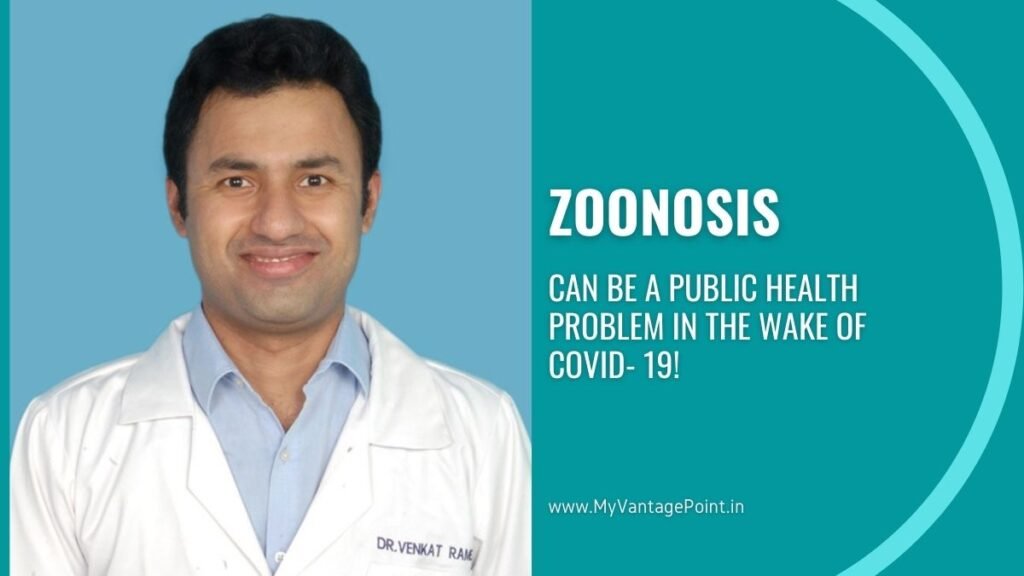
What is Viral Zoonoses?
A Viral Zoonoses is an infectious disease that has jumped from a non-human animal to humans. Zoonotic pathogens may be bacterial, viral, or parasitic, or may involve unconventional agents and can spread to humans through direct contact or through food, water, or the environment.
They represent a major public health problem around the world due to our close relationship with animals in agriculture, as companions, and in the natural environment. Zoonoses can also cause disruptions in the production and trade of animal products for food and other uses.
Viral Zoonoses comprise a large percentage of all newly identified infectious diseases as well as many existing ones. Some diseases, such as HIV, begin as zoonosis but later mutate into human-only strains.
Other zoonoses can cause recurring disease outbreaks, such as Ebola virus disease and salmonellosis. Prevention methods for zoonotic diseases differ for each pathogen; however, several practices are recognized as effective in reducing risk at the community and personal levels.
Control and Prevention
Safe and appropriate guidelines for animal care in the agricultural sector help to reduce the potential for foodborne zoonotic disease outbreaks through foods such as meat, eggs, dairy or even some vegetables.
Standards for clean drinking water and waste removal, as well as protections for surface water in the natural environment, are also important and effective.
Education campaigns to promote handwashing after contact with animals and other behavioral adjustments can reduce the community’s spread of zoonotic diseases when they occur.
Antimicrobial resistance is a complicating factor in the control and prevention of zoonoses. The use of antibiotics in animals raised for food is widespread and increases the potential for drug-resistant strains of zoonotic pathogens capable of spreading quickly in animal and human populations.
Common zoonoses that we see in Hyderabad are Brucellosis, cryptococcosis, cryptosporidiosis, cysticercosis and taeniasis, foodborne illnesses (food poisoning), HIV, rabies, leptospirosis, melioidosis, toxoplasmosis.
In the wake of COVID-19 some precautions essential are masks, physical distancing, good ventilation (outdoors better than indoors), avoiding crowds, isolating oneself when unwell and getting tested when sick and hand hygiene.
Dr Venkat Ramesh
Consultant Infectious Diseases,
Apollo Hospitals, Hyderguda.
You Might Also Like to Read:
- Five years on, Aastrika Foundation has solutions for implementation of high-quality maternal and ancillary health care services in India
- Common Myths And Facts About Asthma
- TIPS FOR PREGNANCY CARE DURING SUMMER
- Anytime Fitness Expands Presence with the opening of its 11th Club in Gurgaon
- Fuel Your Day: The Impact of a Nutritious Breakfast on Energy and Health